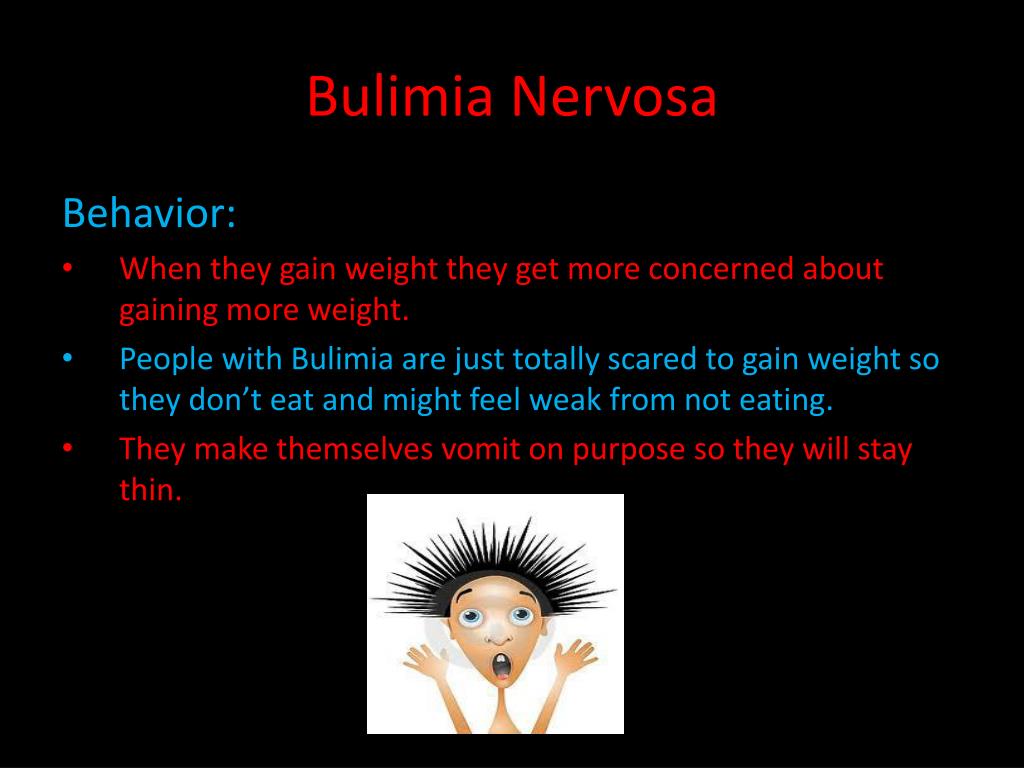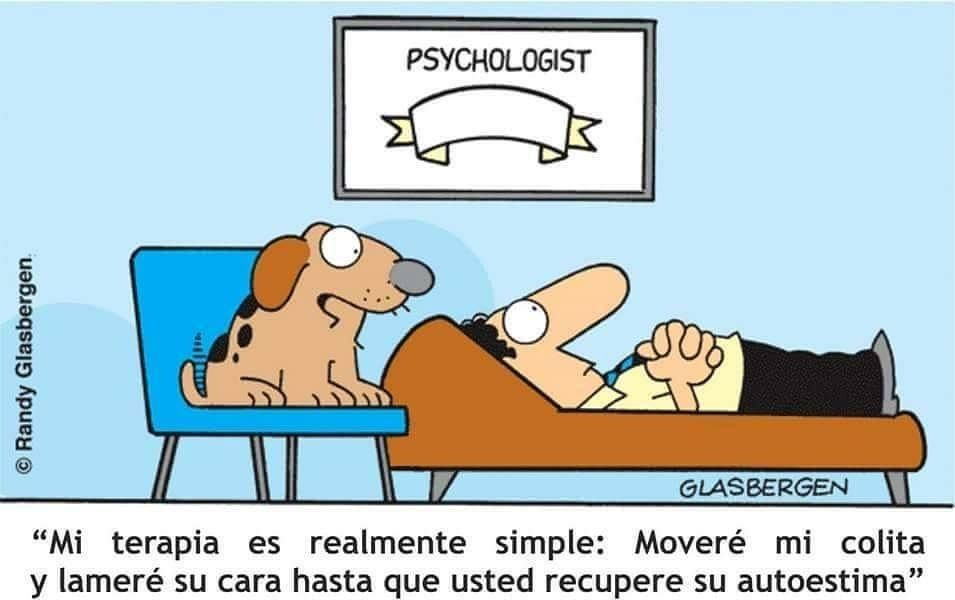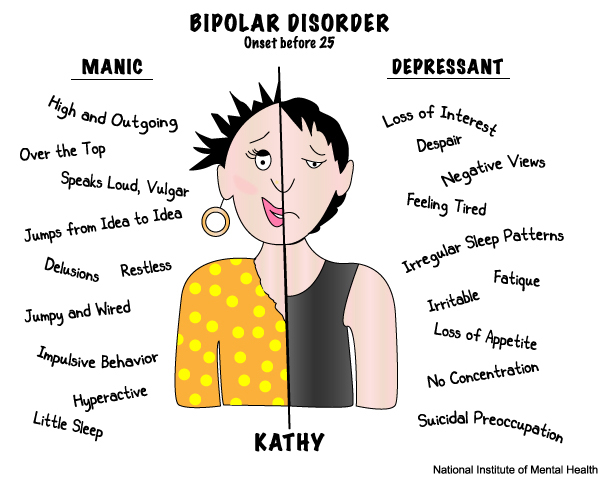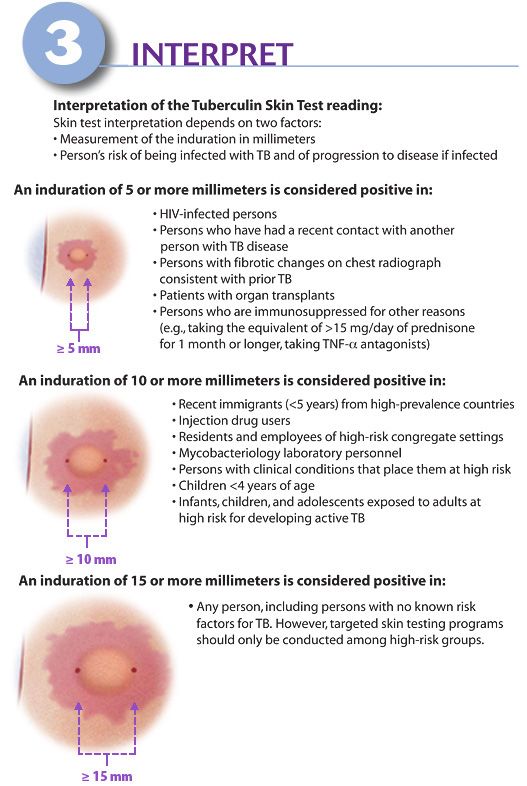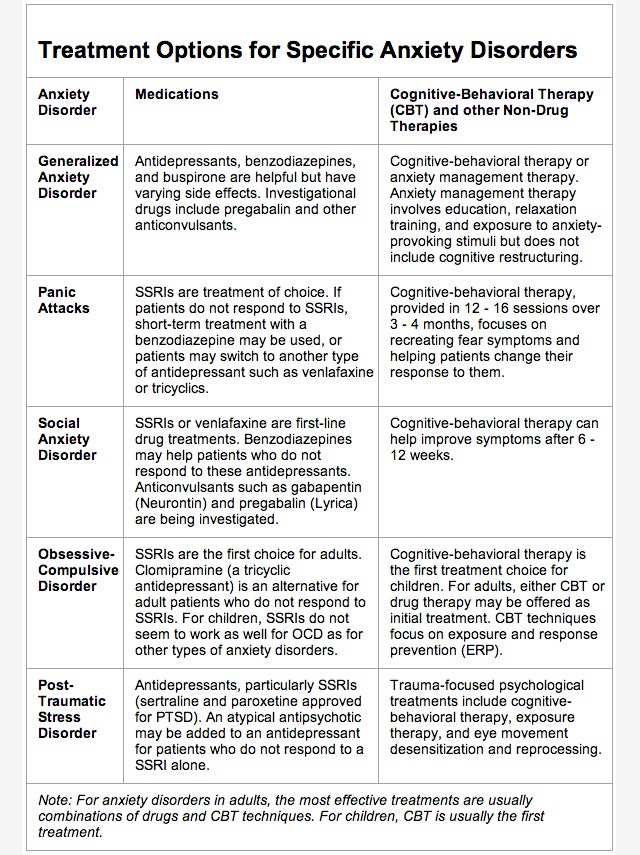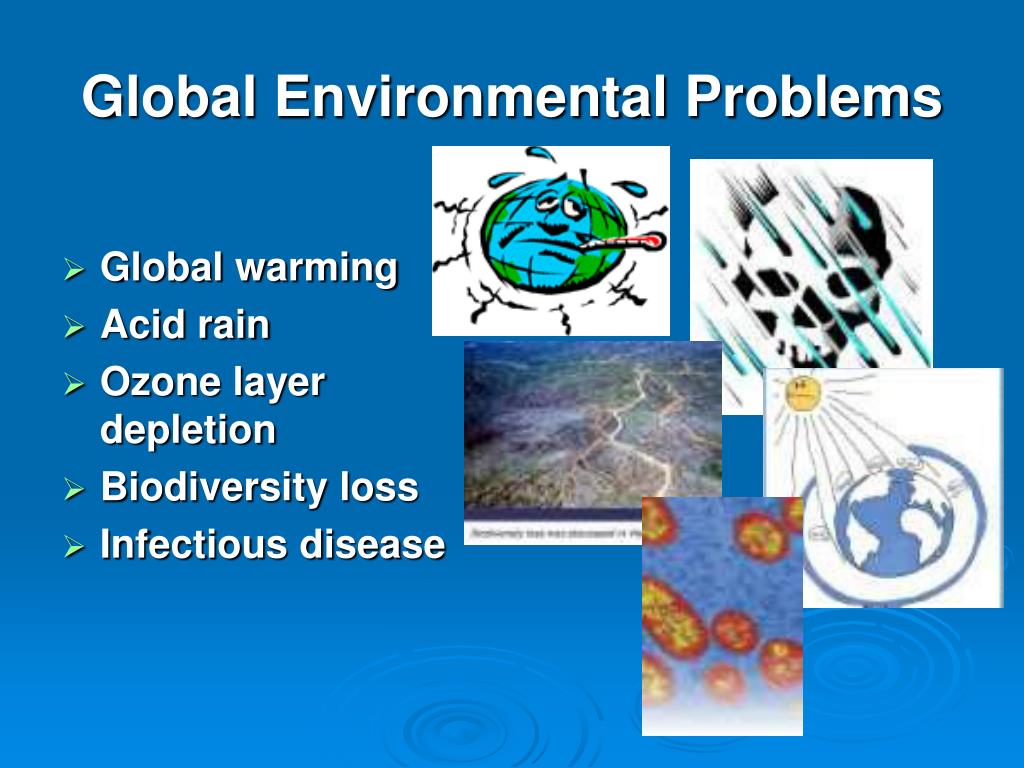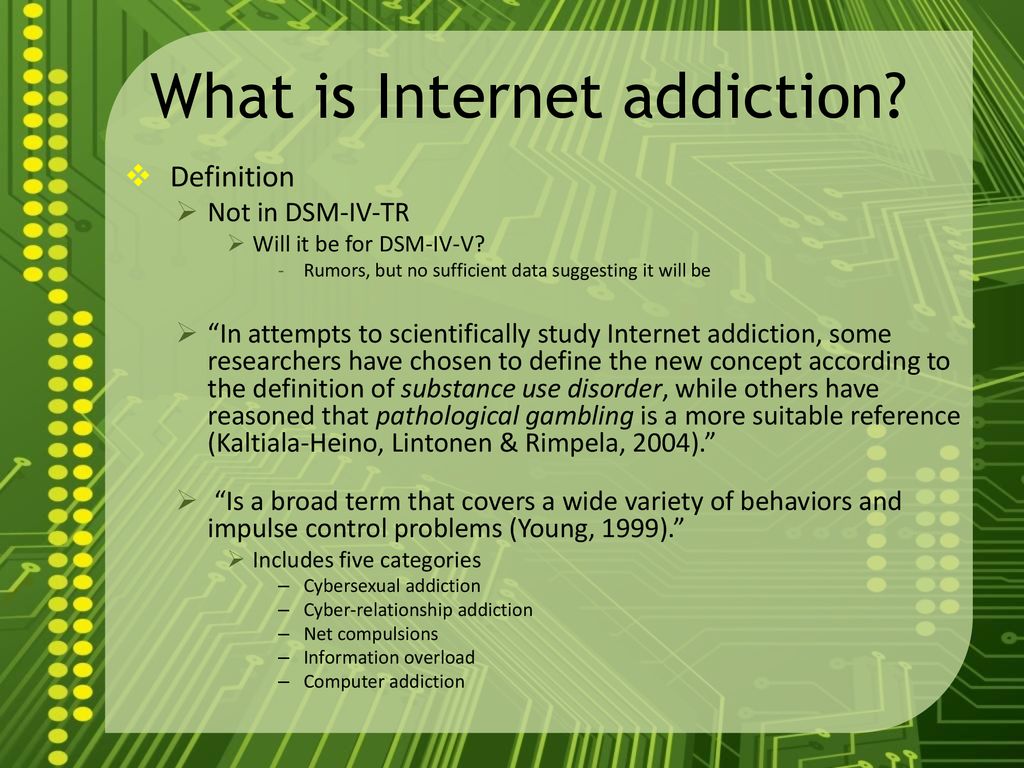Removing toxic people
Importance of Cutting Toxic People Out of Your Life
Although removing toxic people from your life won’t always be a walk in the park, sometimes it’s the best thing you can do for your mental and physical well-being. It might not take you long to think of which person or people in your life are unhealthy for you. They may treat you cruelly, manipulate you, or criticize you constantly. They may cause you to feel bad about yourself to the point that the shame drives you to engage in destructive behaviors. Interacting with someone like this can constitute emotional abuse.
Despite these red flags, it isn’t always easy to understand or accept how dangerous these relationships are. You may think that such a person really does have your best interests in mind. It’s vital to be able to recognize when a relationship is causing you serious turmoil or is negatively impacting your mental health.
While the thought of creating space can be scary or overwhelming, it is important to prioritize your mental well-being. Although you are not responsible for how people behave, you can end relationships that do not treat you the way you deserve to be treated. Here are a few tips to help you end an unhealthy relationship to allow your mental health to blossom:
The first thing you need to do is identify the person or people negatively affecting your mental health. You may already know exactly who this person is, or it may take some careful thought. Try to think about whether anyone in your life makes you feel bad about yourself or tries to control or manipulate you. Does anyone in your life make you feel anxious? Do you feel overwhelmed with dread by the thought of talking to or seeing someone? These may serve as indicators that this person is toxic. In general, people should not make you feel anxious, depressed, or cause you to doubt your self-worth. Instead, they should lift you up and bring joy to your life. Here is a list of toxic traits to look for:
- They manipulate you
- They make you feel bad about yourself
- They judge you constantly
- They are consumed by negativity
- They are passive-aggressive
- They are overly self-centered
- They have issues with anger management
- They are controlling or demanding of your time and attention
When deciding to cut a toxic relationship out of your life, there is a chance that you may experience backlash.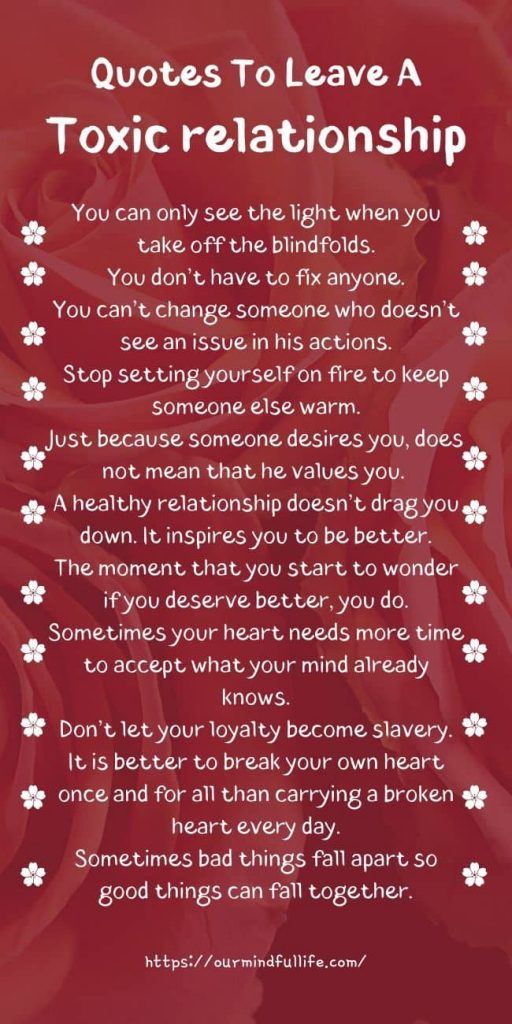 A toxic person is not likely to immediately go away or change their behavior just because you asked them to. They may make promises that they will change or attempt to manipulate the situation, sometimes even making you feel like it was your fault. No matter what they do, stand your ground. Be upfront with them about why you are choosing to move on with your life and stick to it. Although this conversation can feel uncomfortable, it is necessary for your mental safety and stability. You can be kind, but you must be firm.
A toxic person is not likely to immediately go away or change their behavior just because you asked them to. They may make promises that they will change or attempt to manipulate the situation, sometimes even making you feel like it was your fault. No matter what they do, stand your ground. Be upfront with them about why you are choosing to move on with your life and stick to it. Although this conversation can feel uncomfortable, it is necessary for your mental safety and stability. You can be kind, but you must be firm.
Setting boundaries is an important tool to keep you from accidentally slipping back to old habits. For example, if you have decided that you will cut all contact with a toxic person, take measures to eliminate your ability to reach out to them and prevent them from reaching out to you. Block or delete their number, email address, and social media accounts. Remember that it is equally important for you to maintain your boundaries as it is for them to respect the boundaries you set.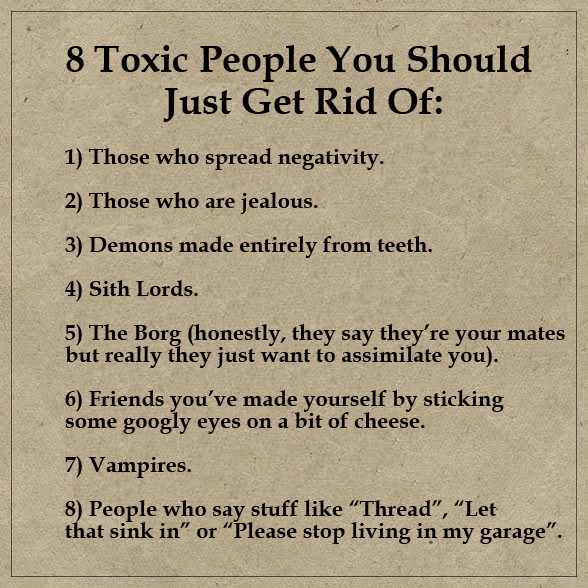
Removing a toxic person from your life is a difficult process that can make you feel numerous negative emotions. It is important to find a healthy support network that you can depend on to help you maneuver through this painful time. Surround yourself with people who bring you joy and lift you up. Reach out to friends and family who will be there to listen, validate, and help you move forward.
In some cases, a toxic relationship can isolate a person from their friends, family, and others who might serve as a support system. Don’t hesitate to make first contact; you might be amazed by how many of those friends and family members have been waiting for this day and will welcome you back with open arms. In other cases, reaching out to a mental health professional who can help you through this new chapter is the healthiest decision you can make.
Choosing to close the door on a toxic relationship can feel challenging and scary.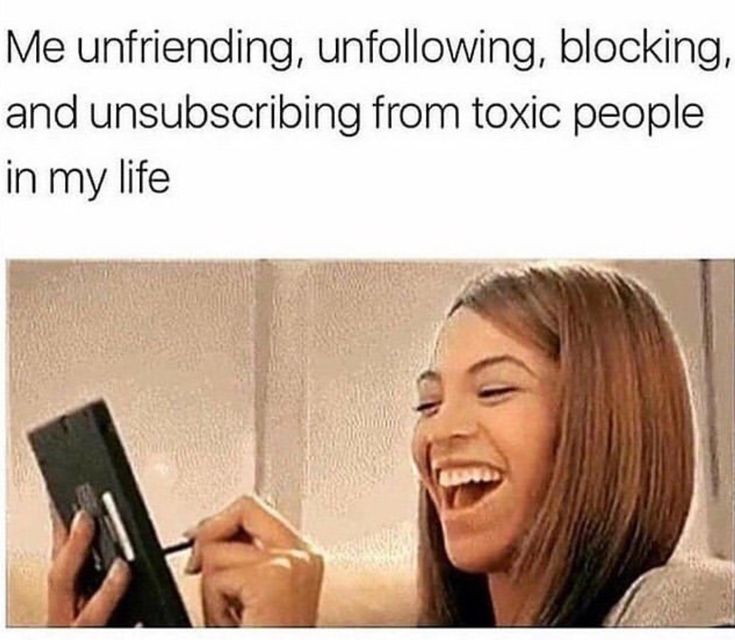 The person who is unhealthy for you might be a close friend, relative, work associate, or even your spouse. No matter who it is, if your relationship is harming your mental health, the best decision you can make is to cut them out of your life. Toxic people can make you feel consumed by a negative outlook on yourself or isolate you from people who truly are good for you. It’s crucial to take the necessary action to get your life back and be treated with the respect you deserve. Learning to stand your ground and set boundaries is one of the first steps you can take to eliminating toxic relationships. If you need professional assistance with this challenging process, or if you’re struggling with anxiety, depression, and other mental health issues as a result of a toxic relationship, call Achieve Concierge at
(858) 221-0344 for immediate help.
The person who is unhealthy for you might be a close friend, relative, work associate, or even your spouse. No matter who it is, if your relationship is harming your mental health, the best decision you can make is to cut them out of your life. Toxic people can make you feel consumed by a negative outlook on yourself or isolate you from people who truly are good for you. It’s crucial to take the necessary action to get your life back and be treated with the respect you deserve. Learning to stand your ground and set boundaries is one of the first steps you can take to eliminating toxic relationships. If you need professional assistance with this challenging process, or if you’re struggling with anxiety, depression, and other mental health issues as a result of a toxic relationship, call Achieve Concierge at
(858) 221-0344 for immediate help.
7 Signs It's Time To Say Goodbye
There’s an old myth that frogs will pull down other frogs trying to escape a pot of boiling water. That’s likely the stuff of folklore, but the dynamic is real: In everyone’s life, there will always be people who will resist, threaten and sabotage the possibility of self-improvement. These are some of the signs of a toxic person.
That’s likely the stuff of folklore, but the dynamic is real: In everyone’s life, there will always be people who will resist, threaten and sabotage the possibility of self-improvement. These are some of the signs of a toxic person.
This general group of people — whom we can safely call “toxic” — might resent your progress for any number of reasons. Perhaps they think you’ll no longer be in their life if you improve too much. Maybe they feel like your improvement exposes their own shortcomings. Or perhaps they’re just threatened by the idea of change.
The causes are less important than the effects, which can take the form of anger, resentment, frustration, manipulation or cruelty (or a debilitating combination thereof). At any given moment, you might be finding yourself dealing with toxic friends, family members or colleagues who — consciously or unconsciously — are sabotaging your happiness and growth. Identifying these individuals and understanding how to manage them is absolutely crucial to your well being, success and happiness.
So in this piece, we’re going to discuss how to recognize toxic people and navigate the often difficult and emotional process of removing these toxic people from your life.
Because in a very real way, your future depends on it.
“Toxic” gets overused a lot these days, so let’s be clear about what we mean.
Some people in life are kind of a drag — annoying, difficult, demanding, or otherwise unpleasant. These people are not “toxic,” in the strict sense of the term. They’re just generally undesirable. With this (admittedly large) group of people, you might want to create a little distance, but you won’t have the same urgency to cut them out of your life.
Toxicity really exists on a spectrum. On one end, there’s your old friend from high school who won’t shut up about how you don’t spend enough time together. On the other end, there’s your ex-girlfriend who is still capable of manipulating you into fits of rage. Your friend might be frustrating, but your ex-girlfriend is probably toxic.
Of course, tolerance for toxicity is relative to each person — you have to decide when someone requires distance and when they need to be cut out of your life. Those lines vary from person to person. For example, your sister will probably get more leeway than a coworker, but everyone’s sister and coworkers are different, and everyone has a different threshold.
What we’re talking about here is true toxicity — the kind that infects, metastasizes, and takes over your life. Here are a few classic signs of toxic people.
- Toxic people try to control you. Strange as it might sound, people who aren’t in control of their own lives tend to want to control yours. The toxic look for ways to control others, either through overt methods or subtle manipulation.
- Toxic people disregard your boundaries. If you’re always telling someone to stop behaving a certain way and they only continue, that person is probably toxic. Respecting the boundaries of others comes naturally to well-adjusted adults.
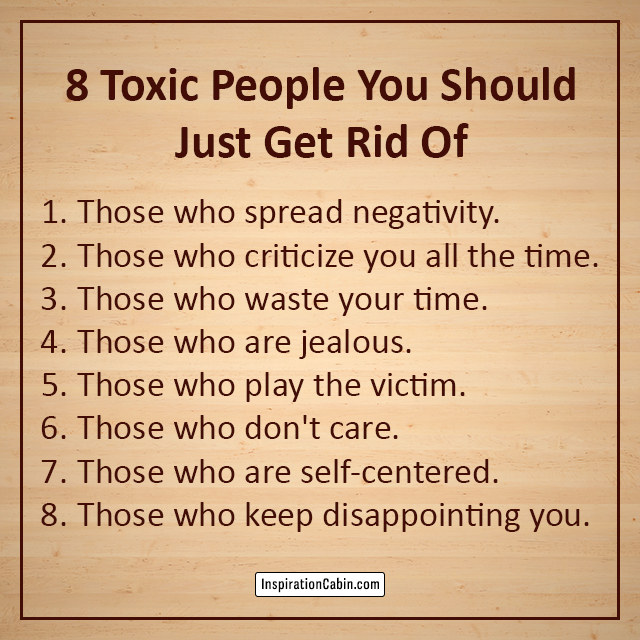 The toxic person thrives on violating them.
The toxic person thrives on violating them.
- Toxic people take without giving. Give and take is the lifeblood of true friendship. Sometimes you need a hand, and sometimes your friend does, but in the end, it more or less evens out. Not with the toxic person — they’re often there to take what they can get from you, as long as you’re willing to give it.
- Toxic people are always “right.” They’re going to find ways to be right even when they’re not. They rarely (if ever) admit when they’ve messed up, miscalculated or misspoken.
- Toxic people aren’t honest. I’m not talking about natural exaggerations, face-saving or white lies here. I’m talking about blatant and repeated patterns of dishonesty.
- Toxic people love to be victims. The toxic revel in being a victim of the world. They seek to find ways to feel oppressed, put down and marginalized in ways they clearly are not. This might take the form of excuses, rationalizations, or out-and-out blaming.

- Toxic people don’t take responsibility. Part of the victim mentality comes from a desire to avoid responsibility. When the world is perpetually against them, their choices and actions can’t possibly be responsible for the quality of their life — it’s “just the way things are.”
Do any of these sound familiar? They might help diagnose toxicity in the people around you, even if the toxic pattern isn’t always or immediately obvious. In fact, toxicity can easily go unnoticed for years until you stop to consider your own experience of a difficult person. Though our thresholds for toxicity are relative, that’s often because we fail to recognize the symptoms.
So how do you go about removing toxic people from your life?
Removing Toxic People from Your Life | Why It’s So ImportantIt’s rare for a toxic people to totally sabotage your attempts at self-improvement, but it does happen. At the very least, they will certainly slow your progress. More to the point, would you want someone in your life who’s actively opposed to making your life better?
More to the point, would you want someone in your life who’s actively opposed to making your life better?
The answer, of course, is no. And yet that can be hard to accept until you begin to recognize the effects of toxicity within you.
Under the influence of a toxic person, you might second guess yourself on an important decision. You might feel sad, uncomfortable and downright ashamed about your own progress and well-being. You might even take on some of the same toxic qualities you resent in others — something that happens to the best of us — because toxic people have a peculiar way of making you toxic yourself.
(In fact, the contagiousness of toxicity is a natural defense mechanism. Howard Bloom in The Lucifer Principle explains how increased toxicity of cyanobacteria was one of the first evolutionary adaptations — bacteria actually evolved to get more and more toxic in order to survive. The same applies to humans on the macro level.)
And more of than not, the pattern happens without us even realizing.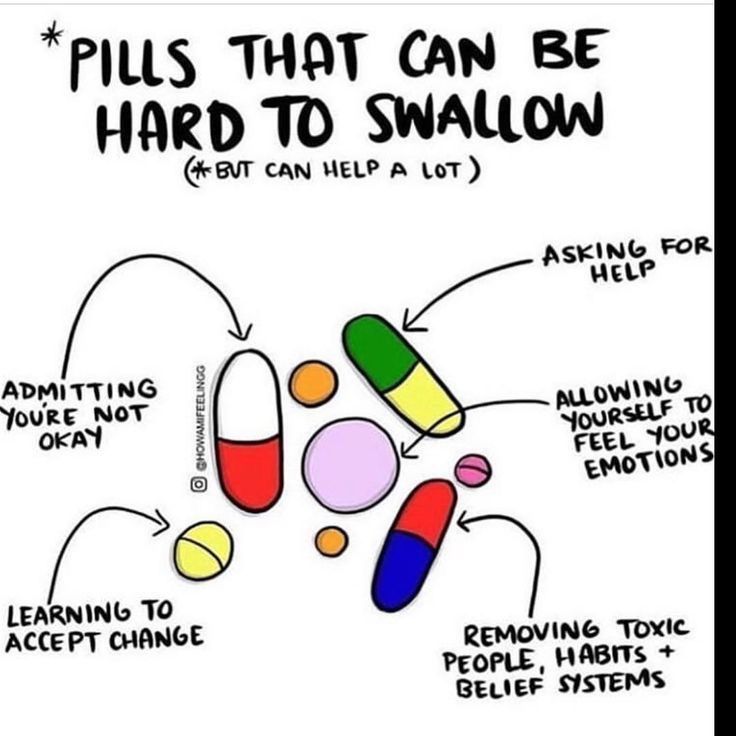 If you’ve ever had a toxic boss, then you know how this works: His behavior makes you irritable and bitter, so you lose your temper with the team working under you, which causes your employees to become increasingly difficult with one another, which causes them to bring that attitude home to their friends and family, and before you know it, the poison has unconsciously spread.
If you’ve ever had a toxic boss, then you know how this works: His behavior makes you irritable and bitter, so you lose your temper with the team working under you, which causes your employees to become increasingly difficult with one another, which causes them to bring that attitude home to their friends and family, and before you know it, the poison has unconsciously spread.
That’s how toxicity works. It’s contagious and insidious, even in kind, well-adjusted people. That’s what makes it so dangerous, and that’s why removing toxic people from your life is so critical.
How to Cut Out the Truly Toxic PeopleFirst, a quick warning: Cutting toxic people out of your life can blow up in your face. That’s part of the disease. With that said, it’s absolutely crucial to remove these people from your life in a healthy and rational way.
So how do you go about getting rid of toxic people from your life and reclaiming the time and energy you’ve been giving them?
- Accept that it might be a process.
 Getting rid of toxic relationships isn’t always easy. They don’t respect your boundaries now, so it’s likely they won’t respect them later. They might come back even after you tell them to go away. You might have to tell them to leave several times before they finally do. So keep in mind that distancing yourself is a gradual process.
Getting rid of toxic relationships isn’t always easy. They don’t respect your boundaries now, so it’s likely they won’t respect them later. They might come back even after you tell them to go away. You might have to tell them to leave several times before they finally do. So keep in mind that distancing yourself is a gradual process.
- Don’t feel like you owe them a huge explanation. Any explaining you do is more for you than for them. Again, tell them how you feel, which is a subject not open for debate. Or, if you prefer, keep it simple: Tell them calmly and kindly that you don’t want them in your life anymore, and leave it at that. How much or how little you tell them is really up to you. Every relationship requires a different approach.
- Talk to them in a public place. It’s not unheard of for toxic people to get belligerent or even violent. Talking to them publicly can significantly diminish the chances of this happening. If you run into problems, you can just get up and leave.

- Block them on social media. Technology makes distancing more difficult, so don’t leave any window open for them to bully or cajole you. You’ve set boundaries. Stick to them. This includes preventing them from contacting you via social media, if appropriate. Shutting down email and other lines of communication with a toxic person might also be in order.
- Don’t argue — just restate your boundaries. It’s tempting to fall into the dynamic of toxicity by arguing or fighting — that is precisely what toxic people do. In the event they do return, make a promise with yourself to avoid an argument. Firmly restate your boundaries, then end communication. You’re not trying to “debate” the person into leaving you alone. This isn’t a negotiation. You can, however, make it less and less attractive for them to keep bothering you. “Do not feed the trolls!”
- Consider writing a letter. Writing yourself a letter is a sort of dress rehearsal for an in-person conversation.
 You’re clarifying your thoughts and articulating your feelings. You can also refer back to the letter later if you need to remember why you made the decision to cut someone out. Because toxic people often do everything they can to stay in your life, you’ll need all the help you can get.
You’re clarifying your thoughts and articulating your feelings. You can also refer back to the letter later if you need to remember why you made the decision to cut someone out. Because toxic people often do everything they can to stay in your life, you’ll need all the help you can get.
- Consider creating distance instead of separation. Remember the person we talked about above — the one who’s not toxic, but just a drag? You don’t have to cut these people out of your life completely. You just need to create distance by occupying your time with other friends and activities and agreeing not to feed into their dynamic.
And in many cases, you might not have to “do” anything at all.
For many toxic relationships — especially with friends and colleagues — you’ll only need to make an internal decision to create some space, without having a bigger conversation with the toxic person again. Remember: You don’t owe anyone an explanation. You can just slowly ghost out of their life to the degree necessary, until you’re no longer affected by the toxicity That might seem obvious, but it can be tempting to think that you have to make your distancing obvious and vocal, when in fact most of the work is on your side of the equation.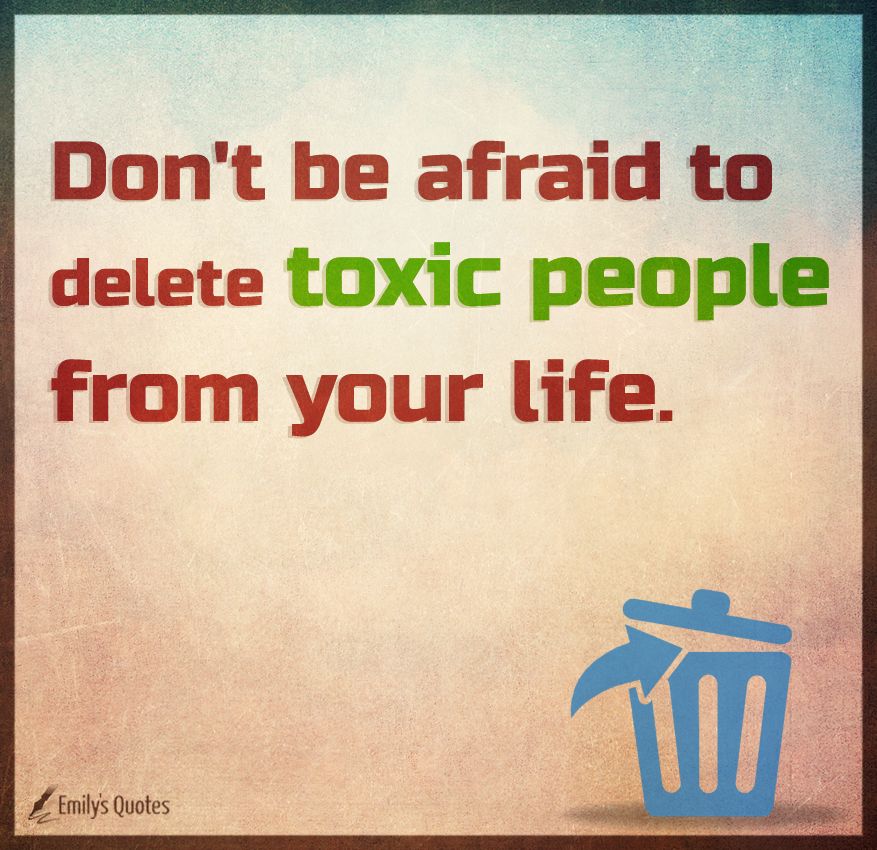 Like a fire, you can simply stop feeding the flames.
Like a fire, you can simply stop feeding the flames.
Still, there’s one specific scenario in which you might have to handle things a little differently: when toxic people are your blood relatives.
What to Do When a Toxic Person Is a Family MemberA toxic relative is a sticky situation. There are no easy answers, and no standard answers that are right for everyone.
Still, getting rid of toxic family members might be the most important cut you’ll ever make. Family has a unique way of getting under your skin and directly influencing your thoughts, behaviors and choices. Relatives don’t own you simply by virtue of being blood. Being family doesn’t confer any special exceptions to toxicity. Relatives don’t have a magical license to screw up your life. Remember that.
Which is why simply creating distance from toxic relatives is probably the best move, whether it’s physical or emotional. But when it comes to family (as opposed to friends or colleagues), your distancing might require some special allowances.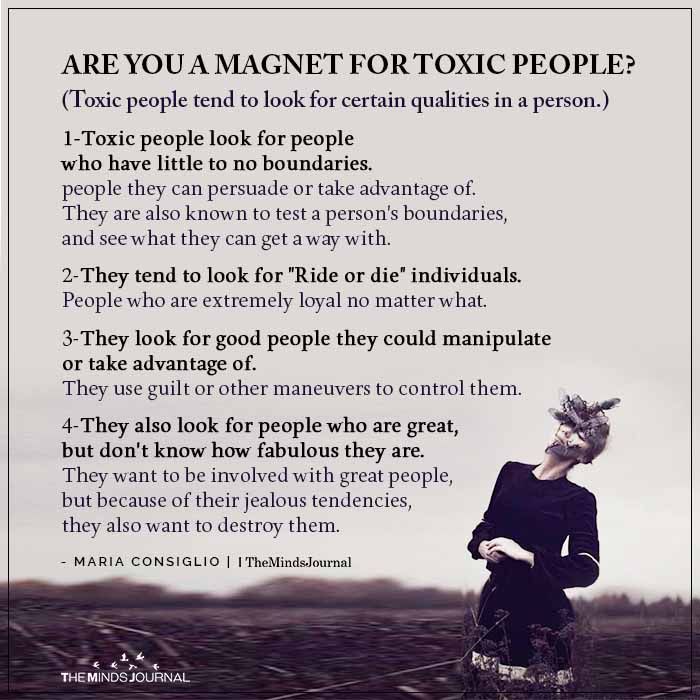 You might distance yourself emotionally, while still recognizing that you’ll have to interact with this person on a practical level (by seeing them at holiday dinners, say, or taking care of a parent together). Indeed, your distancing with a family member might require you to disentangle your practical involvement from your emotional involvement — you’ll still agree to engage with this person when necessary, but you’ll refuse to let them drag you into the emotional pattern of toxicity.
You might distance yourself emotionally, while still recognizing that you’ll have to interact with this person on a practical level (by seeing them at holiday dinners, say, or taking care of a parent together). Indeed, your distancing with a family member might require you to disentangle your practical involvement from your emotional involvement — you’ll still agree to engage with this person when necessary, but you’ll refuse to let them drag you into the emotional pattern of toxicity.
The important thing with family is to tread lightly and make calm, rational decisions, because how you deal with a toxic family member can color your entire family relationship. There are often larger ripple effects in a family than there are in a friendship or workplace.
So ask yourself: What blowback will you get from other family members? What will the holidays be like? Can you realistically cut them out completely? You might answer these questions and still decide to separate yourself.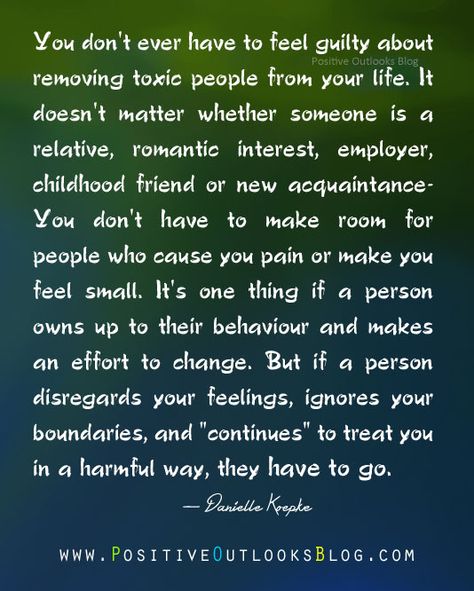 Or you might adjust your approach accordingly. The important thing is to take the time to consider the dynamic and the effects of the situation before making a decision.
Or you might adjust your approach accordingly. The important thing is to take the time to consider the dynamic and the effects of the situation before making a decision.
I won’t lie: Cutting people (especially family) out of your life can be one of the most challenging things you can do. But as we’ve said, it’s also one of the most liberating and life-changing decisions you’ll ever make.
Most importantly, cutting toxic people out sends a key message to yourself. You’re saying: “I have value.” You’re prioritizing your happiness over someone else’s dysfunction. Once you recognize how toxic people can erode this basic sense of self-worth, it becomes harder and harder to allow them in your life.
So tell us: Have you ever had to cut a toxic person out of your life? How did you do it? What was the outcome? Either way, here’s to improving your social circle and your happiness this year — by subtraction as well as addition.
Can you Fix a Toxic Person?
We cannot fix a toxic person, although we hope to do so.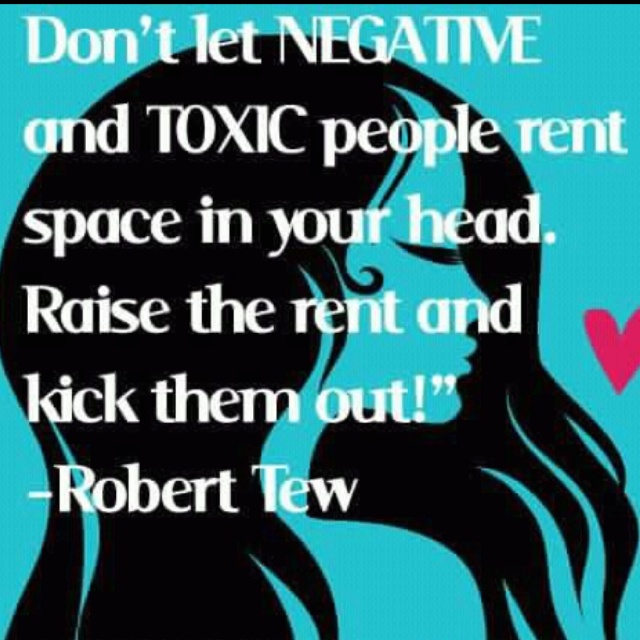 It is impossible to control other people’s behaviors. The best we can do is set an example through our actions. There is a possibility that if we set an example for people around us, people see our efforts and decide to become more like us, although there is no guarantee. Hence, our focus should be on ourselves and not necessarily on fixing the people around us.
It is impossible to control other people’s behaviors. The best we can do is set an example through our actions. There is a possibility that if we set an example for people around us, people see our efforts and decide to become more like us, although there is no guarantee. Hence, our focus should be on ourselves and not necessarily on fixing the people around us.
Letting a toxic person back into your life can be dangerous. When you let go of a toxic person, they might eventually see the value in your friendship and apologize for their behavior, promising that this will not happen again and they want to be a part of your life. For the first time, give the other person a chance but set clear boundaries: If they exhibit any of the toxic behavior that they have in the past, they will lose you forever. Make sure to stand behind your words, and show the other person that they cannot overstep your boundaries. While compassion is crucial, make sure you’re putting yourself first and thinking about this person’s affect on your life as well.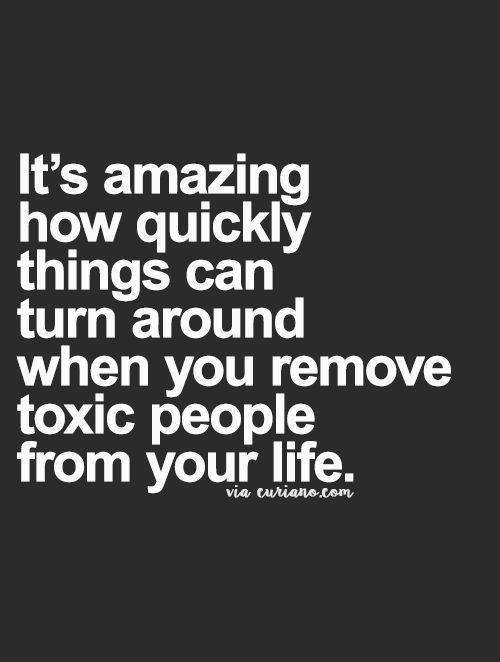
By recognizing your behavior, you’ve already completed the first step. If others gave you feedback about how you’re hurting them, listen to the feedback that they are giving. Do not try to fight back with how they feel or what their claims are. Work on building self compassion, as generally toxic people are toxic to people around them because they have a toxic relationship with themselves. Hence, try to see how you can work on your relationship with yourself, and that will carry over to other aspects of your life. Combine people’s feedback with understanding who you are, and you will move away from being a toxic person and slowly cultivate high value behavior.
How to get rid of "toxic" people
November 17, 2015 Life
When you try to become better, change your life, achieve something new, there will definitely be ill-wishers. But the worst thing is that they can be found among the closest people - relatives, friends, colleagues.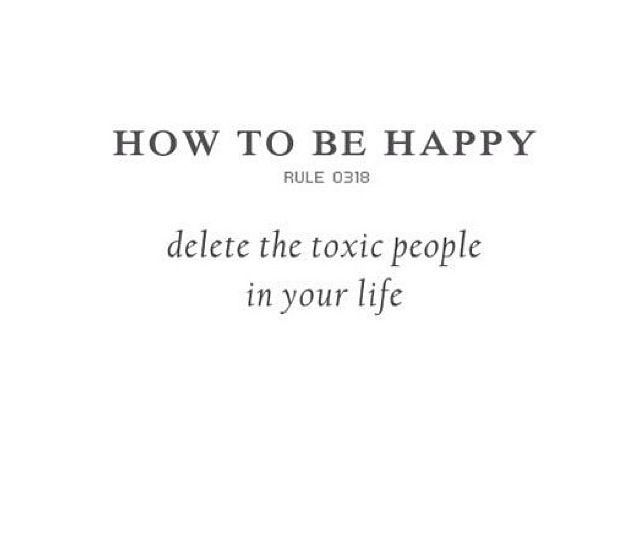 How to understand that someone is manipulating you and pulling you back? And is it necessary to delete such a person from your life?
How to understand that someone is manipulating you and pulling you back? And is it necessary to delete such a person from your life?
You may have heard the famous scientific joke about a frog: if you throw it into boiling water, the frog will realize the danger and jump out of the pot. If you heat the water gradually, then the frog will not jump out and will boil. The message is clear: in everyone's life there will always be people who interfere, portend troubles and harm when you are trying to become better, but do it so carefully that you can not notice the danger. nine0003
Such people - let's call them "toxic" or people who poison life - can slow down your progress for a variety of reasons. Perhaps they think that you will not last long in their life if you succeed. Perhaps they feel that their shortcomings will be more visible against your background. Or maybe they just don't accept the possibility of change.
But the root causes matter far less than the immediate effect they have on you.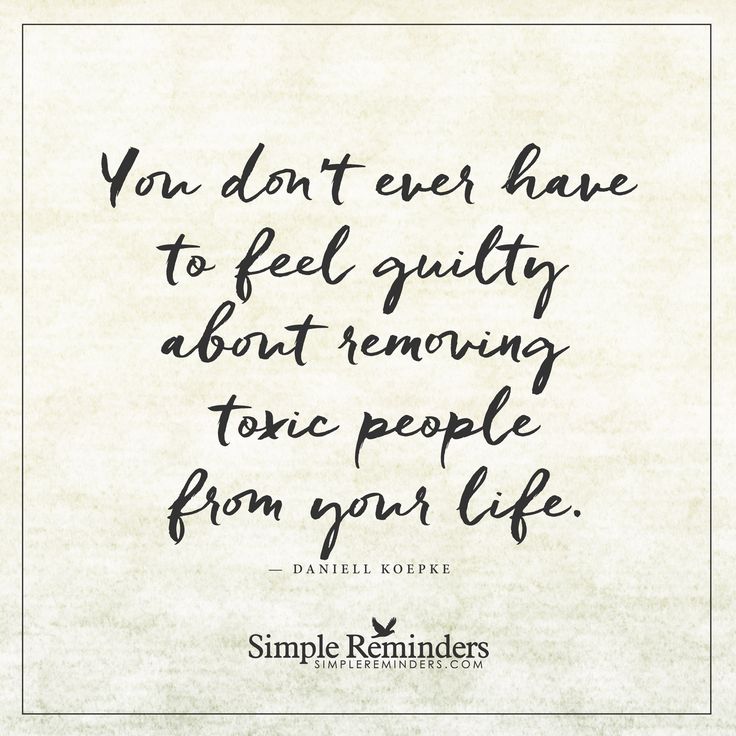 Their anger, resentment, manipulation or cruelty undermine your strength. At any moment you may find yourself surrounded by poisonous friends, relatives, colleagues who, consciously or unconsciously, interfere with your happiness and personal growth. To feel good, achieve success and happiness, it is important to identify such people in your environment and learn how to manage the emotions that they cause in you. nine0003
Their anger, resentment, manipulation or cruelty undermine your strength. At any moment you may find yourself surrounded by poisonous friends, relatives, colleagues who, consciously or unconsciously, interfere with your happiness and personal growth. To feel good, achieve success and happiness, it is important to identify such people in your environment and learn how to manage the emotions that they cause in you. nine0003
So let's discuss how to recognize toxic people and how to navigate the complex process of getting rid of such people. Your future depends on it.
How to know that a person is poisoning your life
There are people who are always pulling you back - annoying, quarrelsome, constantly demanding something or simply repelling. But such people cannot be called poisoners in the strict sense of the word. They are just nasty people. You want to keep a small distance from such people, but there is no urgent need to cut them out of your life. nine0003
There is a great variety of people who poison life.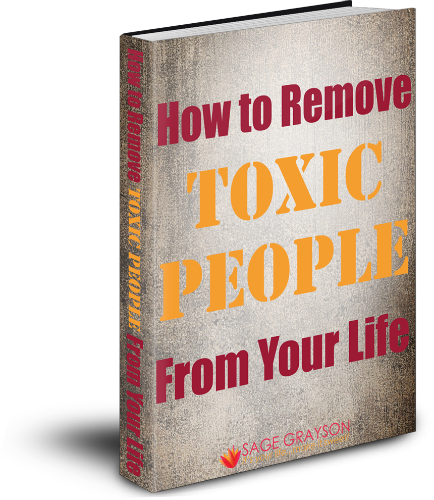 On the one hand, your old school friend, who keeps talking about how little time you spend together now. On the other hand, an ex-girlfriend who can still manipulate you, leading to fits of anger. Your friend may just be annoying, but your ex is most likely poisoning your life.
On the one hand, your old school friend, who keeps talking about how little time you spend together now. On the other hand, an ex-girlfriend who can still manipulate you, leading to fits of anger. Your friend may just be annoying, but your ex is most likely poisoning your life.
Of course, you will have to decide when to just keep your distance and when to cut the person out of your life. The stock of patience for your sister is probably much more than for a colleague, but sisters and colleagues are different. nine0003
Now let's talk about real ill-wishers - those who infect, control your life. Here are a few classic signs of people who poison life.
- They are trying to control you. It may sound strange, but people who cannot control their own lives often seek to control yours. Their poisonous influence manifests itself in their attempts to control others both openly and covertly, through subtle manipulation.
- They don't respect your personal boundaries.
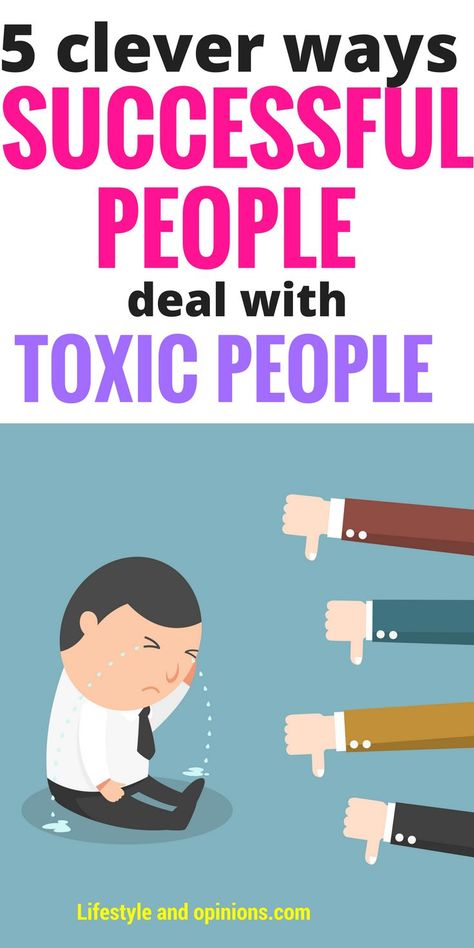 nine0027 If you keep telling someone not to do a certain thing to you and they keep doing it anyway, that person is probably poisoning your life. Respect for the boundaries of others is natural for a well-mannered adult. And the people who make your life miserable profit by violating boundaries.
nine0027 If you keep telling someone not to do a certain thing to you and they keep doing it anyway, that person is probably poisoning your life. Respect for the boundaries of others is natural for a well-mannered adult. And the people who make your life miserable profit by violating boundaries. - They take but give nothing. The ability to take and give is the key to true friendship. Sometimes you need a helping hand, sometimes your friend needs it, but you give and take equally. But not with people who poison your life - they will take everything they can from you, and for as long as you last. nine0028
- They are always right. They will always find a way to stay right even when they are wrong. They are unusually rare to admit that they messed up, made a mistake or put it wrong.
- They are insincere. This is not about a tendency to exaggerate, save face or other varieties of "white" lies. This is a clear and constantly repeated dishonest behavior.
- They love being the victim. People who poison your life take pleasure in acting as a victim against whom the whole world is against. They are looking for a reason to be offended, offended, ignored, although they don’t really feel anything like that. They like to make excuses, give seemingly reasonable explanations, or completely deny their guilt in what happened. nine0028
- They do not take responsibility. Part of the victim's behavior is due to a desire to avoid responsibility. “Things are just the way they are”, “We are not like that, life is like this” - phrases illustrating the attitude of poisoners to life.
Doesn't remind you of anyone? People who poison your life can go unnoticed for years. Until you stop to reflect on your experience with them.
Now let's talk about how to get rid of such people. nine0003
Why is it so important to get rid of the people who poison your life
It is very rare when ill-wishers completely impede all your attempts to change for the better, but it happens. Basically, they hinder your progress.
Most importantly, do you want to have a person in your life who actively prevents you from making your life better?
The answer is, of course, no. It may be hard for you to accept this, but only until you realize the impact his company has on you. nine0003
Under the influence of a person who poisons your life, you may reconsider an important decision. You may feel sad, uncomfortable, downright ashamed of your progress. You can even adopt not the best qualities of poisoners, for example, begin to envy someone else's happiness. Because all poisonous people have a common feature: they want you to become like them.
More often than not, we simply don't realize that someone's behavior is poisoning our lives. If you have such a boss, then you understand how it works: his behavior makes you irritable and embittered, you break down on your subordinates, then the employees begin to conflict with each other more and more, and then transfer this irritation to family and friends. And before you know it, the poison has already spread. nine0003
How to get rid of people who really poison life
- Accept the fact that goodbye can be long. Purification of toxic elements is not always easy. If a person did not respect your personal boundaries before, he will not respect them now. He may return even after you tell him to get out. You may have to say this several times before he finally leaves for good.
- Don't feel like you have to explain anything. nine0027 You give any explanation to yourself. Tell how you feel, but in a way that it is clear that this is not the subject of discussion. You can do it even easier: gently and calmly tell the person that you no longer want to see him in your life. How much or how little explanation is needed is up to you. Different relationships require a different approach.
- Speak in a public place. It is not surprising that people who poison your life can be conflicting or even cruel.
Public speaking can significantly reduce the possibility of conflict. And if something goes wrong, you can get up and leave. nine0028
- Block these people on social media. Technology makes it harder to distance yourself, so don't leave an open window through which detractors can terrorize or coax you. You have set your boundaries. Stick to them. This includes preventive measures, such as limiting contacts on social networks.
- Don't argue, just establish new boundaries. It may be tempting to plunge into disputes and conflicts with people who poison your life, but this is exactly what they seek. If they try to come back, avoid discussions. Define your boundaries strongly, and then end the conversation. You are not trying to convince the person to leave you alone. These are not negotiations. So, as the saying goes, don't feed the troll. nine0028
- Consider maintaining a distance instead of a complete break. Remember, we talked about a person who can hardly be called poisoning life, but nevertheless he is unpleasant to you? These people don't need to be cut out of your life completely.
You just need to keep your distance, dividing the time for communication with them and for your personal affairs.
It is not always necessary to do all of the above. It all depends on the specific situation. Sometimes it’s enough just to make a decision and increase the distance, especially when it comes to friends and colleagues, this does not require a serious conversation. Remember that you don't have to explain anything to anyone. You can simply slowly and imperceptibly disappear from a person's life in order to stop feeling his toxic effects. Relationships with people like a fire: stop giving him food, and he will go out by itself. nine0003
But there is one scenario where you have to act differently. It's about relationships with blood relatives.
What to do if the person poisoning your life is a member of your family
There are no simple recipes and standard answers that will suit everyone and everyone.
Breaking up with a relative who is poisoning your life can be the most important break in your life.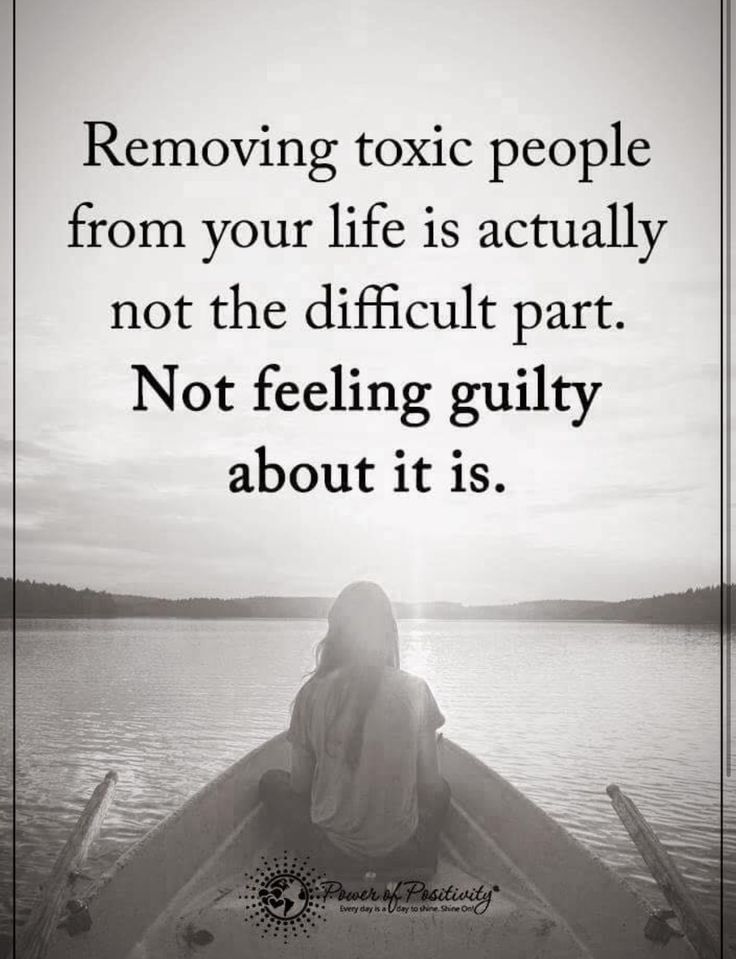 The family directly influences your thoughts, behavior, choices. But relatives are not your owners simply by virtue of blood ties. Kinship is not a license to ruin your life. Remember this. nine0003
The family directly influences your thoughts, behavior, choices. But relatives are not your owners simply by virtue of blood ties. Kinship is not a license to ruin your life. Remember this. nine0003
This is why increasing the distance between the person who is poisoning your life and you is the best solution, whether it be physical or emotional distance.
But in the case of relatives, you will have to make some concessions. You can distance yourself emotionally, but you must be aware that you will still have to interact with this person (for example, meet at holiday dinners or take care of your parents together). In order to keep your distance, you will have to learn to separate the practical activity and the emotional component - you will agree to take part in this person's life when it is really necessary, but do not let him negatively influence you. nine0003
It is especially important for family members to make informed decisions. So ask yourself: what kind of return do you get from your family members? How are the holidays going? Can you actually completely cut off all ties with a relative who is poisoning your life? You can answer these questions and decide that you need to end the relationship permanently.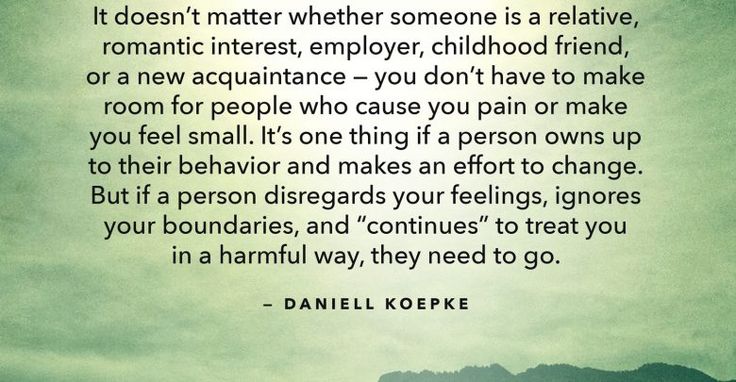 Or you can adjust your behavior according to the situation. The main thing is to take the time to think about what is happening and the possible consequences of a wrong decision. nine0003
Or you can adjust your behavior according to the situation. The main thing is to take the time to think about what is happening and the possible consequences of a wrong decision. nine0003
It is not easy to cut a family member out of your life. But it may turn out to be the most important liberating decision you will ever make.
What is the most important thing in getting rid of people who poison your life? This is a message to myself. You say to yourself, "I have value." You put your happiness above other people's problems. And once you realize how some people can destroy your sense of self-worth, it will become more difficult for them to penetrate your life.
7 Tips and reasons for removing toxic people from your life...
7 Tips and reasons for removing toxic people from your life... Removing toxic people from your life is not an easy task. Chances are they're pretty active in your life, and chances are you're not quite sure how to get them out of your life.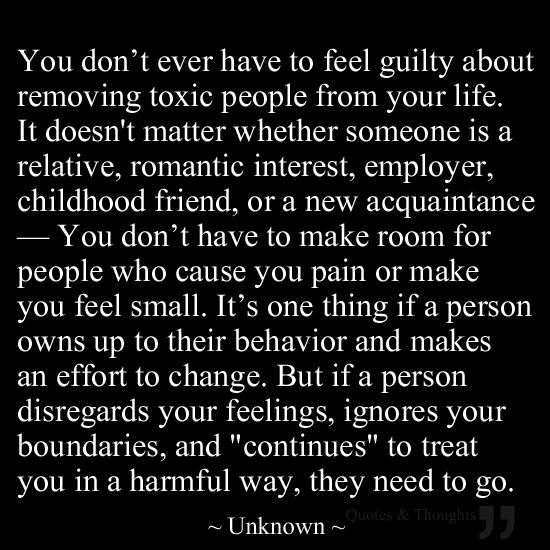 I'm here to help though, and with these tips and reasons for removing toxic people from your life you'll be a much happier and more positive person in no time!
I'm here to help though, and with these tips and reasons for removing toxic people from your life you'll be a much happier and more positive person in no time!
Table of contents:
- acknowledge the problem
- take care of your own well-being
- Remove them from social media
- cut down on the contact
- face to face interaction limit
- do not fight fire with fire
- your life, try other options
1 recognize the problem
The first step to removing toxic people from your life is to admit that they are a bad influence in your life. No matter who it is, whether it's a family member, friend or colleague, being able to admit that they are making you feel bad about yourself is a huge step. When you acknowledge the problem, you're that much closer to ending your relationship with these toxic people. nine0003
2 take care of your own well-being
Even after you have acknowledged the problem, it can be difficult to remove yourself from the situation.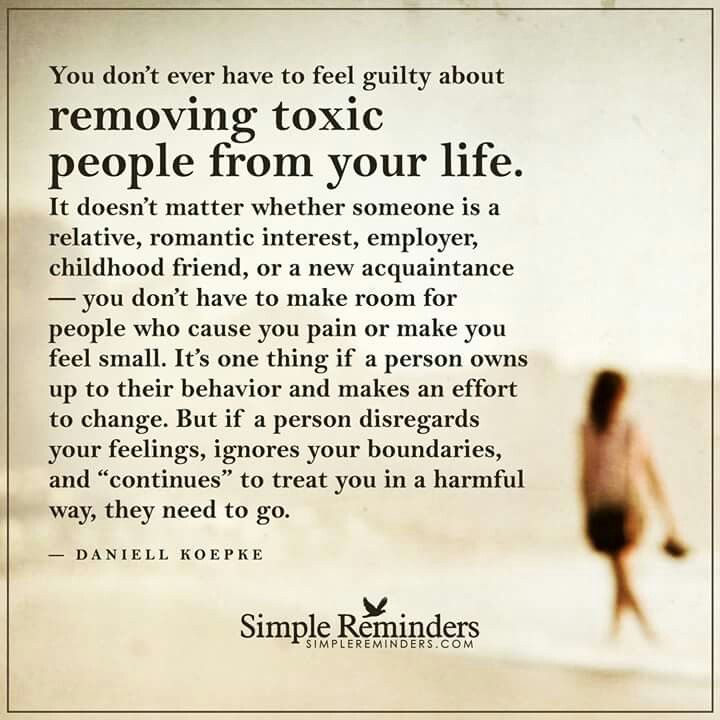 Maybe you should see them every day, or maybe they are the family that you don't want out of your life. At some point though, you should be more concerned about your own well being than your relationship with these toxic people. When you start to put your emotional health as a higher priority than their toxic words, you are on your way to removing toxic influences from your life. nine0003
Maybe you should see them every day, or maybe they are the family that you don't want out of your life. At some point though, you should be more concerned about your own well being than your relationship with these toxic people. When you start to put your emotional health as a higher priority than their toxic words, you are on your way to removing toxic influences from your life. nine0003
3 Remove them from social media
If you don't have to see toxic people in your daily life, you probably see a lot of them on social media. Believe me, silencing, un friending, or blocking on social media will immediately put you in a better mindset. If you don't see them in person often but constantly see them on social media, you can get the same negative effects on your mood just from seeing their presence on your social media. Their removal on social media will make it exponentially easier to forget they even exist! nine0003
4 cut down to contact
Stop communicating with them.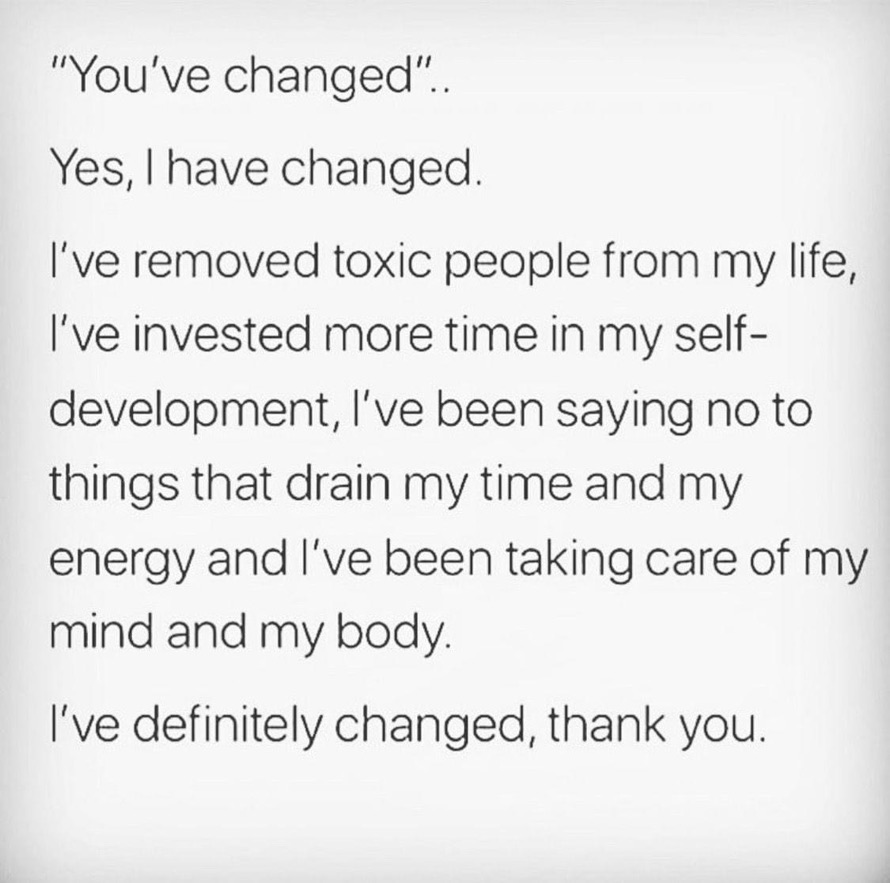 Don't text them first, call them, or anything else. They will probably try to initiate contact with you and when they do, be friendly. Don't completely give them a cold because they've probably noticed something up. Instead, be casual and short with messages. She won't be too much of a contrast, and you could end up chalking her up to "spread apart" if you need to.
Don't text them first, call them, or anything else. They will probably try to initiate contact with you and when they do, be friendly. Don't completely give them a cold because they've probably noticed something up. Instead, be casual and short with messages. She won't be too much of a contrast, and you could end up chalking her up to "spread apart" if you need to.
5 limit of face to face interactions
Chances are you will still have to see them every once in a while. If you must see them, try to only see them in large groups of people so you don't get stuck in a wing conversation with them. If you want to take it a few steps further, you can limit events to when you go to where you know they'll be in attendance. It's a tricky balance though; You don't want other aspects of your life to suffer because you are avoiding one person. nine0003
6 don't fight fire with fire
If the toxic people you're avoiding get very angry, don't get upset back. It just makes it more difficult to remove them from your life.

